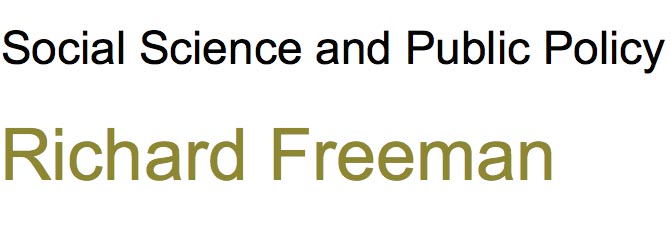 Relationships between states and citizens are defined at least in part through respective obligations and entitlements to welfare. Harold Lasswell’s ‘Who gets what, when, how’ is as good a definition of welfare as of politics: welfare is both source and target of a high proportion of political conflict in advanced industrial societies. For this reason, the study of welfare is an effective way in which the nature of political participation, as well as its changing form and extent, may be analysed and assessed. This chapter discusses different kinds of participation in welfare policy and provision, illustrated with examples from a variety of countries.
Relationships between states and citizens are defined at least in part through respective obligations and entitlements to welfare. Harold Lasswell’s ‘Who gets what, when, how’ is as good a definition of welfare as of politics: welfare is both source and target of a high proportion of political conflict in advanced industrial societies. For this reason, the study of welfare is an effective way in which the nature of political participation, as well as its changing form and extent, may be analysed and assessed. This chapter discusses different kinds of participation in welfare policy and provision, illustrated with examples from a variety of countries.
Source: Prokhovnik, R (ed) Making Policy, Shaping Lives, Edinburgh: Edinburgh UP; Open University coursebook for Government and Politics DD203
